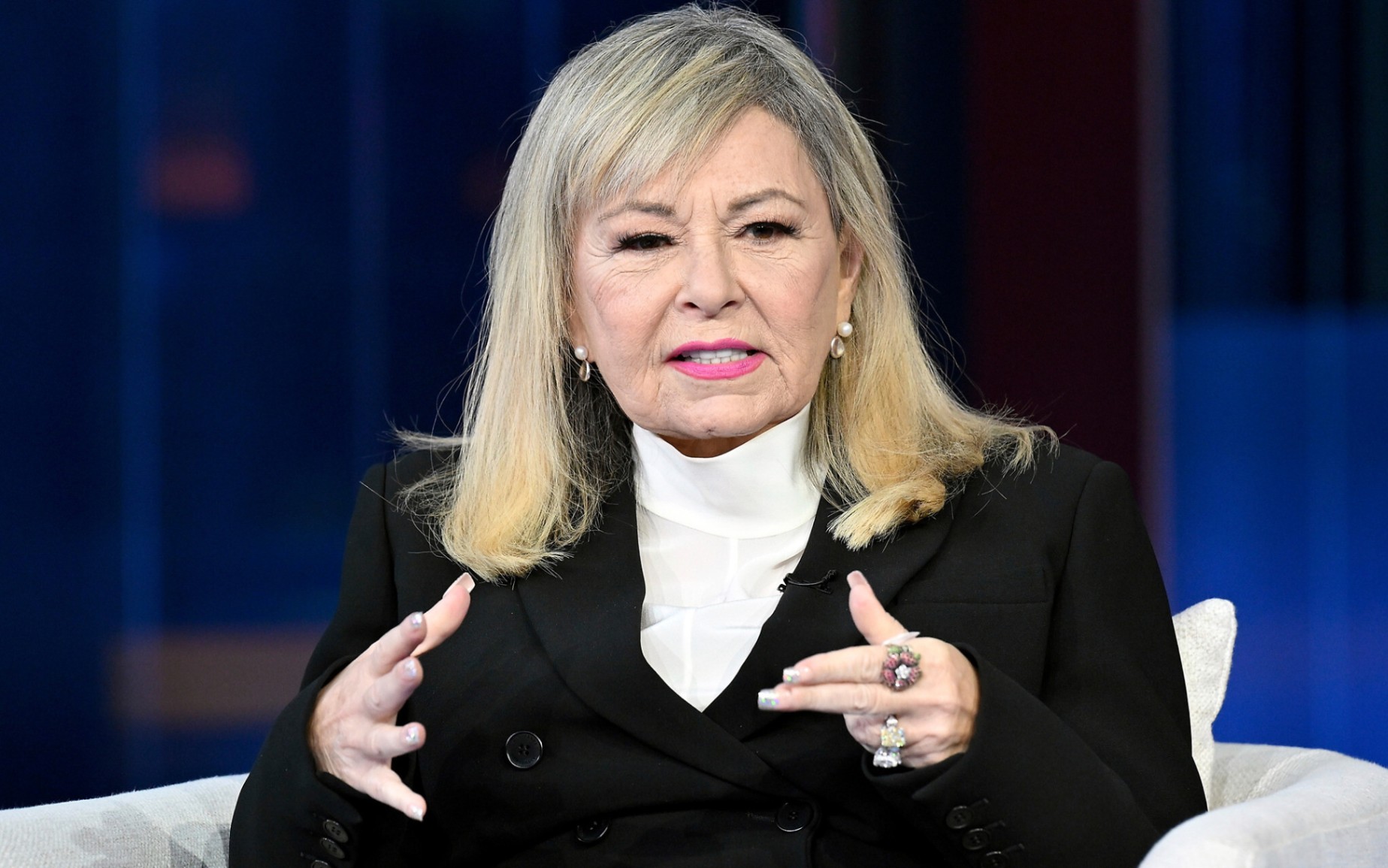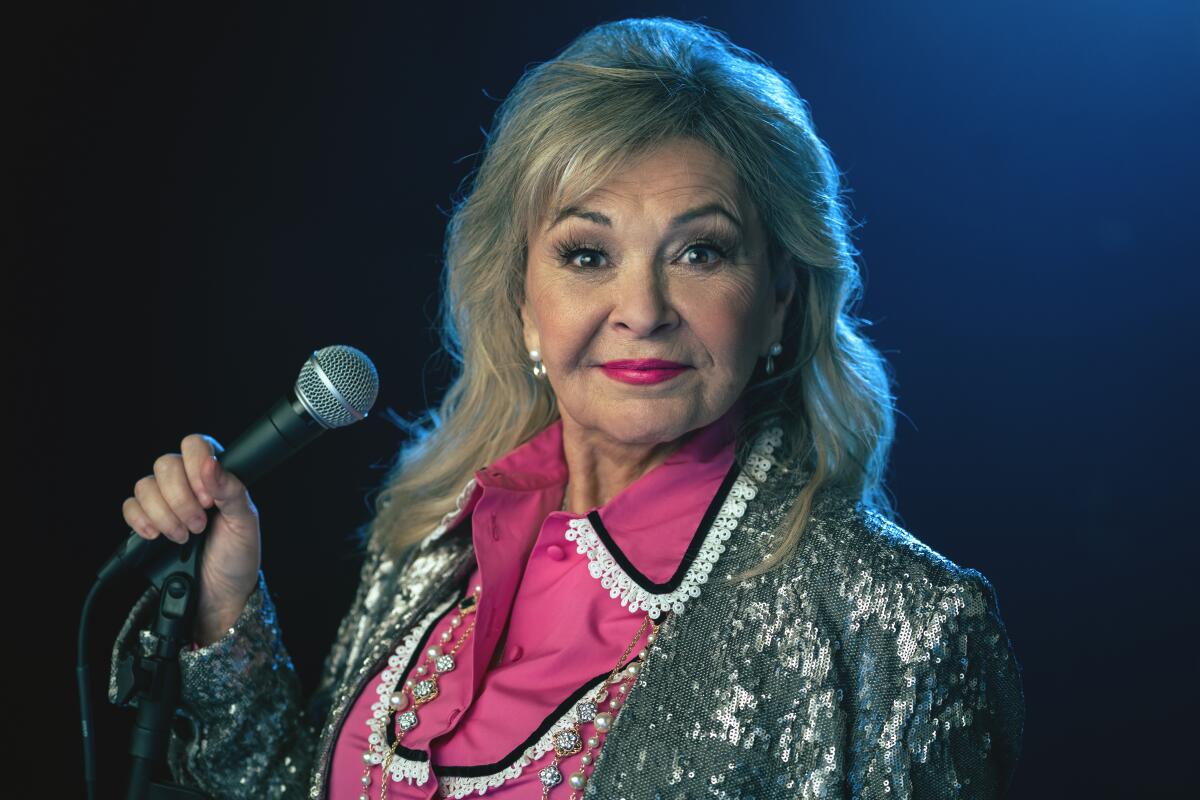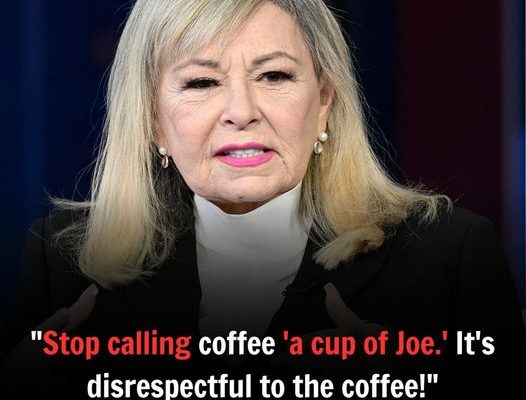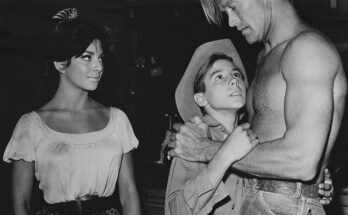Roseanne Barr, the outspoken comedian and actress known for her sharp wit and
controversial opinions, recently stirred up a conversation about coffee culture with
her statement: “Stop calling coffee ‘a cup of Joe.’ It’s disrespectful to the coffee!”
This seemingly humorous remark touches on deeper issues related to how we
perceive and appreciate the beverages that play a significant role in our daily lives.
Barr’s comment offers an opportunity to explore the history and cultural
significance of coffee, the origins of the term “cup of Joe,” and why it might be
worth reconsidering how we refer to this beloved drink.
The Significance of Coffee in Our Lives

Coffee is more than just a morning pick-me-up for many people; it’s a global
phenomenon that has shaped cultures and economies for centuries. From its origins
in Ethiopia to its spread across the world through trade, coffee has been celebrated
for its complex flavors, stimulating effects, and social role. It serves as a central
element in various rituals and traditions, from casual café meetups to elaborate
espresso ceremonies.
The appreciation of coffee extends beyond its taste. The art of brewing coffee, from
espresso to pour-over, and the growing trend of specialty coffee with its emphasis
on quality and origin, highlight a deep respect for this beverage. Given its
significance, it is understandable that some might feel that casual or dismissive
terms do not adequately honor the complexity and care that go into producing a
great cup of coffee.
The Origins of “Cup of Joe”
The term “cup of Joe” is a colloquial expression that has been used in the United
States to refer to coffee. Its origins are somewhat murky, with several theories
attempting to explain how this particular phrase came into common usage. One
popular theory suggests that “Joe” is a reference to Josephus Daniels, the Secretary
of the Navy who, in the early 20th century, banned alcohol on Navy ships, leading
to coffee being the strongest beverage available to sailors. According to this theory,
the term “Joe” was a nod to the substitution of alcohol with coffee.

Another theory posits that “Joe” simply represents a common, everyday name,
implying that coffee is an ordinary, accessible drink. Despite these theories, the
exact origins of the phrase remain uncertain. However, the term has certainly
become ingrained in American vernacular.
The Argument for Respectful Language
Roseanne Barr’s call to stop using the term “cup of Joe” is not just about language
but also about the respect we show for the craft and culture surrounding coffee. In
many ways, this plea can be seen as part of a broader movement toward
recognizing and valuing the intricate processes involved in producing quality
products. Just as fine wines and artisanal foods are celebrated with specialized
terminology that reflects their craftsmanship, so too could coffee be appreciated
with more thoughtful language.
Using terms that reflect the quality and artistry of coffee can enhance our
awareness and appreciation of the beverage. Language shapes perception, and by
referring to coffee in ways that highlight its sophistication, we can foster a deeper
respect for the beverage and those who cultivate and prepare it. This shift in
perspective can also contribute to a greater understanding of the global coffee
industry, which involves numerous stakeholders from farmers to baristas.
Reassessing Our Coffee Culture
Barr’s statement serves as a reminder to reconsider how we talk about and
appreciate the everyday things in our lives. While the term “cup of Joe” may be
familiar and endearing, it is worth reflecting on whether it fully acknowledges the
craft and dedication involved in coffee production. Embracing more respectful and
descriptive language can enhance our appreciation of coffee and elevate our overall
beverage culture.

In conclusion, Roseanne Barr’s remark about the term “cup of Joe” invites us to
think more deeply about how we refer to and value the things we consume daily.
Coffee is a product with a rich history and a significant cultural impact, and using
language that honors its complexity and significance is a step toward a greater
appreciation of this beloved beverage. By doing so, we not only show respect for
coffee but also acknowledge the global effort that goes into bringing it to our cups
every day.



